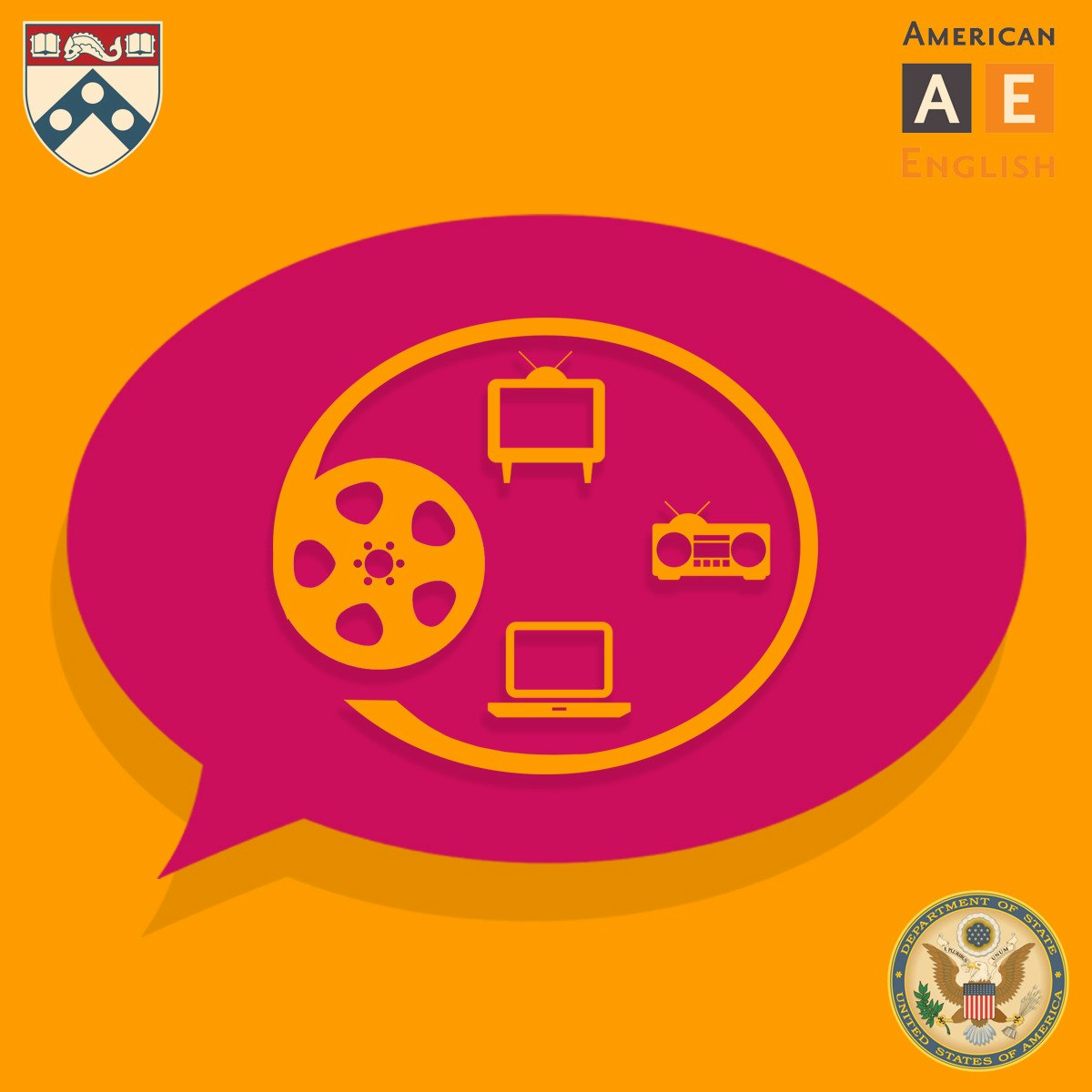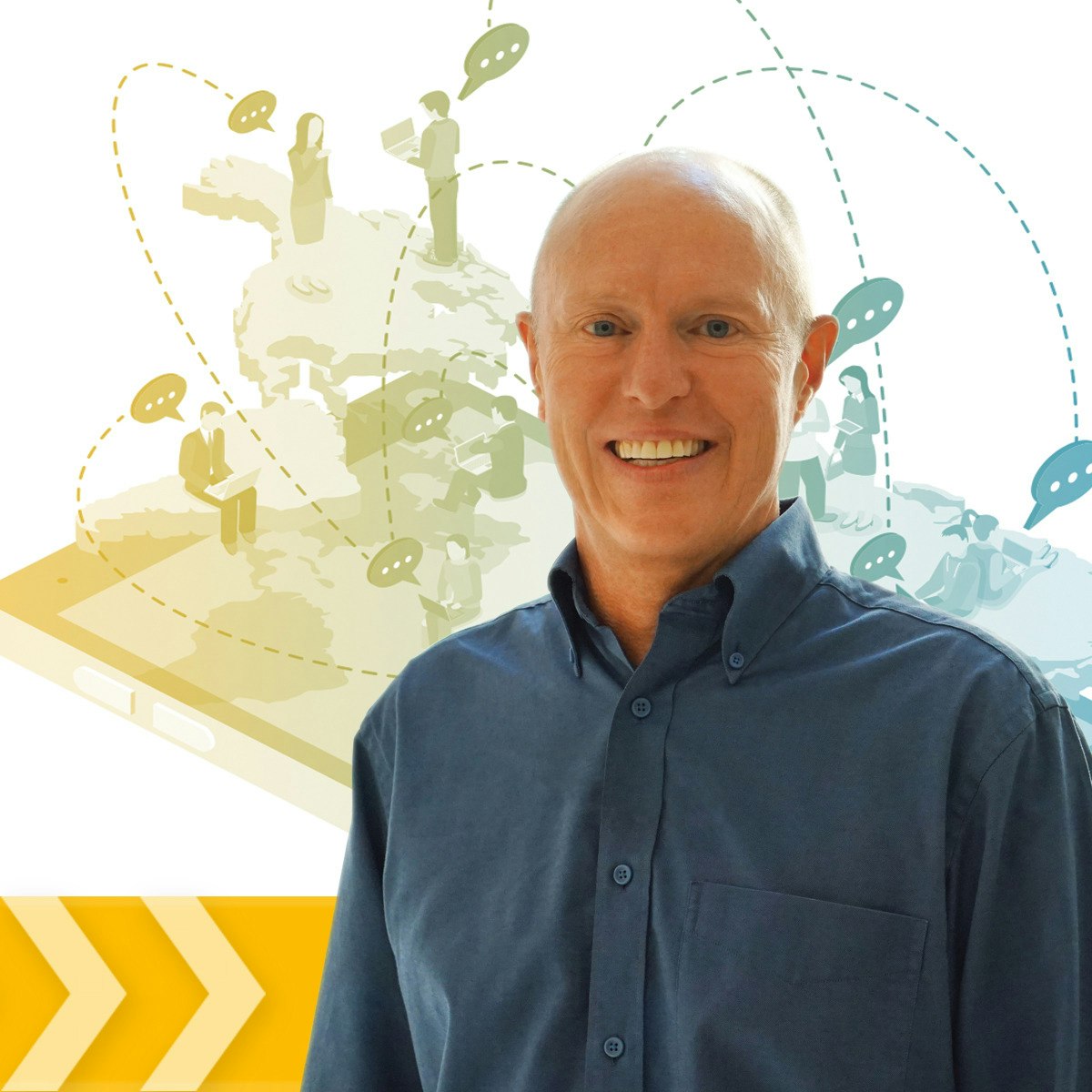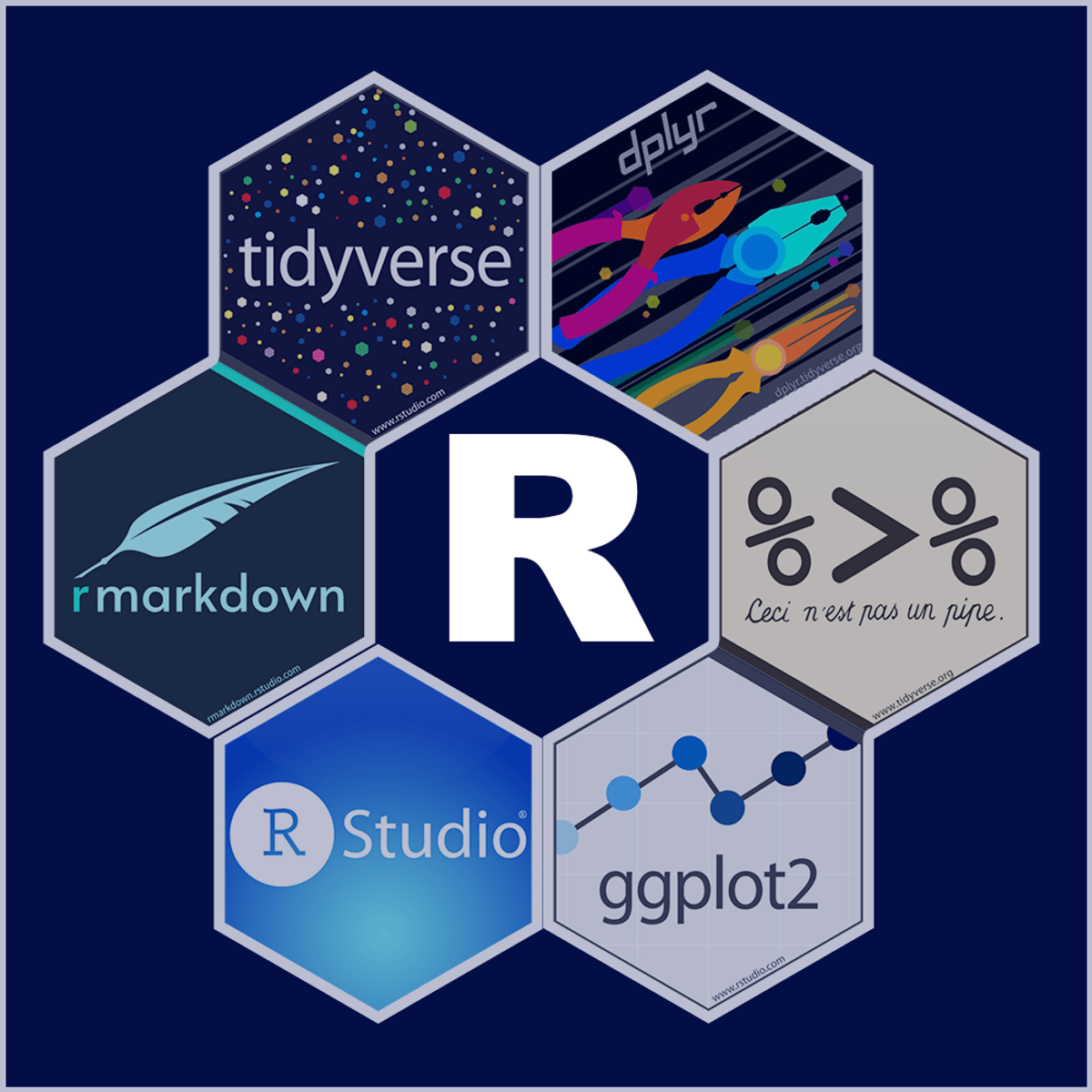Back to Courses









Language Learning Courses - Page 10
Showing results 91-100 of 153

English for Science, Technology, Engineering, and Mathematics
Welcome to English for Science, Technology, Engineering, and Mathematics, a course created by the University of Pennsylvania, and funded by the U.S. Department of State Bureau of Educational and Cultural Affairs, Office of English Language Programs.
To enroll in this course for free, click on “Enroll now” and then select "Full Course. No certificate." If you want to get a Coursera Verified Certificate for free, please fill out the Financial Aid form.
This course is designed for non-native English speakers who are interested in improving their English skills in the sciences. In this course, you will explore some of the most innovative areas of scientific study, while expanding your vocabulary and the language skills needed to share scientific information within your community. In unit 1, you will learn how to preview texts and practice some of the language used to make comparisons when talking about global warming and climate change. In unit 2, you will examine the chemistry of climate change and the language of cause and effect. In Unit 3, you will learn about some of the impacts of Climate Change and the language used to describe these effects. In Unit 4, you will learn reading strategies that can help you explore the science behind some new energy systems. In the final unit, you will investigate practical advances in Nanotechnology that help slow down climate change, while developing your own research skills in English.
Unless otherwise noted, all course materials are available for re-use, repurposing and free distribution under a Creative Commons 4.0 Attribution license.
Supplemental reading materials were provided by Newsela, which publishes daily news articles at a level that's just right for each English language learner.

Speaking Skills for University Success
As a student in an English-speaking university, you’ll need to speak in many situations, both formal and informal, planned and spontaneous. In this course, you’ll get advice for speaking in many different situations. You’ll learn how to prepare for an academic discussion with classmates and how to lead a discussion effectively. You’ll learn about how to work smoothly in group projects—a popular type of assignment in many university classes—and what to say in small talk with classmates or others. You’ll learn how to give an unplanned, impromptu speech and also how to plan and deliver a formal presentation in class. Speaking in any of these situations can be a bit intimidating, but if you know what to do and practice whenever the opportunity arises, it will become easier, and you can become a more confident and successful speaker.

Business English: Meetings
This course will teach you vocabulary and skills related to participating in meetings. You will learn terms and phrases used both in email and in speaking to arrange, participate in, and conclude meetings. The goals of this course are to enable you to participate effectively in on-site meetings and teleconferences and to prepare you to write a proposal as an outcome of a meeting.
Course Learning Objectives
• Arrange a meeting though email and by telephone
• List expectations and protocols related to on-site meetings and teleconferences
• State phone numbers, dates, currencies and sales figures accurately
• Write a proposal with appropriate organization and vocabulary

English for Media Literacy
Welcome to English for Media Literacy, a course created by the University of Pennsylvania, and funded by the U.S. Department of State Bureau of Educational and Cultural Affairs, Office of English Language Programs.
To enroll in this course for free, click on “Enroll now” and then select "Full Course. No certificate."
This course is designed for non-native English speakers who are interested in learning more about U.S. media literacy. In this course, you will explore different types of mass media, such as newspapers, magazines, television, and social media. This course will also give you the opportunity to develop a broader understanding of the role media plays in our lives, while building your vocabulary and giving you the language skills needed to analyze what you read and watch. The first unit in this course will provide an introduction to media literacy and give you an opportunity to evaluate your own media literacy level. In unit 2, you will learn how to identify facts versus opinions in the media. The next unit in the course will focus on the differences between social media and traditional media, while unit 4 will look at how gender and identity are covered in the media. In the final unit of the course, you will demonstrate your increased media literacy by through a culminating final project on social media.
Development of this course was funded by the U.S. Department of State Bureau of Educational and Cultural Affairs Office of English Language Programs. Unless otherwise noted, all course materials are available for re-use, repurposing and free distribution under a Creative Commons 4.0 Attribution license.

Write Professional Emails in English
This is a course to help you write effective business emails in English. This course is unique because each module will provide tips on writing more professional emails as well as lessons to improve your overall English writing skills. Therefore, you will improve your grammar and vocabulary skills for email writing and also improve your cross cultural knowledge to make you more powerful and successful in your business communication. You will look at different email formats to analyze tone, formality levels, and various organizational styles. You will be able to improve your emails of introduction, announcements, requests and emails that apologize or revise a request. In this course you will write and revise 4–5 emails, complete several comprehension quizzes and review the emails of other participants.
By the end of this course, you will be able to
• Improve your overall written English skills
• See differences and similarities among the different email formats
• Write more effective subject lines and email text
• Apply various key language to different types of emails
• Correct common errors such as punctuation and capitalization
• Study tone and level of formality in emails
• Understand how culture affects what is appropriate in a business emails
• Write powerful business emails for professional needs

Engaging ELLs and Their Families in the School and Community
In this course, you will learn how to better and more successfully engage your ELL(s) and their families in the school and community. You will learn how to engage your ELL student in the classroom setting as well as in various aspects of the school including extracurricular activities and the inner workings of the school and education system. You will also be introduced to strategies for engaging the families of your ELL students in the school community and the wider community of your city and state. You will interact with a variety of case studies that highlight teachers, schools, and communities in different cities throughout the United States and the ways in which they successfully engage ELLs and their families. From sharing their experience, you will have the tools necessary to implement strategies and procedures for engaging your ELLs and their families.
Upon completing this course, you will be able to:
* Define the culture of ELLs in K-12 classrooms across the U.S.
* Recognize cultural impact on learning and formal education
* Assess your school’s engagement of ELLs and their families
* Incorporate culturally sensitive techniques to engage ELLs in the classroom and school
* Implement strategies for engaging ELLs’ families in the school and larger community
* Design a plan for engagement of ELLs and their families in your school
* Create a checklist for school and community resources for engaging ELLs and
their families

Teach English Now! Technology Enriched Teaching
This course focuses on the key concepts you need in order to effectively integrate technology into your teaching, without letting it overshadow language learning. Discover current and future trends in educational technology, along with strategies for implementing these trends in the classroom and beyond. As technology is continually evolving, learn how to keep up on current technological applications through professional development networks and training opportunities.

Big data and Language 2
In this course, students will understand characteristics of language through big data. Students will learn how to collect and analyze big data, and find linguistic features from the data. A number of approaches to the linguistic analysis of written and spoken texts will be discussed.

Introduction to R Programming and Tidyverse
This course is a gentle introduction to programming in R designed for 3 types of learners. It will be right for you, if:
• you want to do data analysis but don’t know programming
• you know programming but aren’t familiar with R
• you know some R programming but want to learn the tidyverse verbs
You will learn to do data visualization and analysis in a reproducible manner and use functions that allow your code to be easily read and understood. You will use RMarkdown to create nice documents and reports that execute your code freshly every time it’s run and that capture your thoughts about the data along the way.
This course has been designed for learners from non-STEM backgrounds to help prepare them for more advanced data science courses by providing an introduction to programming and to the R language. I am excited for you to join me on the journey!
The course logo was created using images of stickers from the RStudio shop. Please visit https://swag.rstudio.com/s/shop.

Chinese for HSK 3 PART I
大家好!Hi, everyone, welcome to join our Chinese for HSK Level 3 course. This is CHEN Li and LU Yun, and we are very happy to meet you here!
Chinese for HSK 3 is a 10-week course. It consists of two parts: Part I, which is a 6-week program, covers vocabulary and grammar delivered mainly through dialogues and passages; Part II takes 4 weeks to complete and the foci are exercises and testing strategies.
Chinese for HSK 3 aims at the third level of HSK. It is the counterpart of Level 3 of the Chinese Language Proficiency Scales for Speakers of Other Languages and the B1 Level of the Common European Framework of Reference for Languages.
Chinese for HSK 3 Part I includes:
30 video lectures with dialogue role plays by PKU students;
More than 300 new words on the basis of HSK 1 and HSK 2;
More than 60 new grammar points;
Review the words you have learnt in HSK 1 and HSK 2 courses.
New words and texts via audio;
Quizzes for each lesson and HSK test papers;
At the end of the course, you will be able to communicate in Chinese at a basic level in your daily, academic and professional lives. You can manage most communication in Chinese when travelling in China.
Specifically, you will master certain grammar knowledge containing fundamental sentence structure and usage like sentences with “把”, sentences with “被”(passive voice), comparative sentences and rhetorical questions. Moreover, you will master the meaning of fixed structure and usage of sentences like “….for sb…”(对…来说), “increasingly…” (越来越), etc.
It does not matter if you complete HSK Level 1-2 or not, as long as you have obtained basic Chinese language competency. Hope you enjoy our Part I course and glad to see you in our next Part II course.
CHEN Li, LU Yun and Chinese for HSK Level 3 team.
Popular Internships and Jobs by Categories
Find Jobs & Internships
Browse
© 2024 BoostGrad | All rights reserved